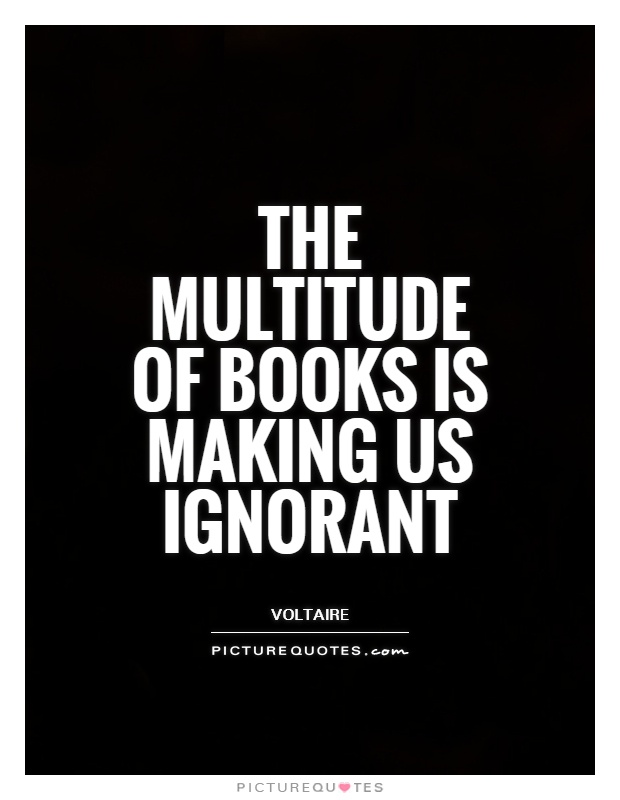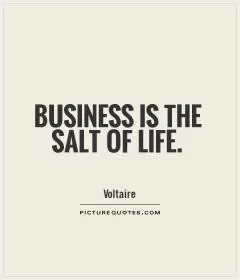The multitude of books is making us ignorant

The multitude of books is making us ignorant
In the context of Voltaire, the statement "The multitude of books is making us ignorant" takes on a new significance. Voltaire, a prominent figure of the Enlightenment period, was a strong advocate for reason, knowledge, and critical thinking. He believed in the power of education and the importance of intellectual freedom. However, he also recognized the dangers of blind faith and the spread of misinformation.During Voltaire's time, the printing press had revolutionized the way information was disseminated. Books were becoming more accessible to the general public, leading to a proliferation of ideas and opinions. While this was a positive development in many ways, Voltaire also saw the potential for confusion and ignorance to arise from the sheer volume of information available.
In his famous work, "Candide," Voltaire satirizes the blind optimism and ignorance of his time. The character of Pangloss, a philosopher who believes that "all is for the best in the best of all possible worlds," represents the dangers of intellectual complacency and dogmatic thinking. Voltaire uses satire to critique the prevailing attitudes of his society and to encourage his readers to think critically and question authority.












 Friendship Quotes
Friendship Quotes Love Quotes
Love Quotes Life Quotes
Life Quotes Funny Quotes
Funny Quotes Motivational Quotes
Motivational Quotes Inspirational Quotes
Inspirational Quotes